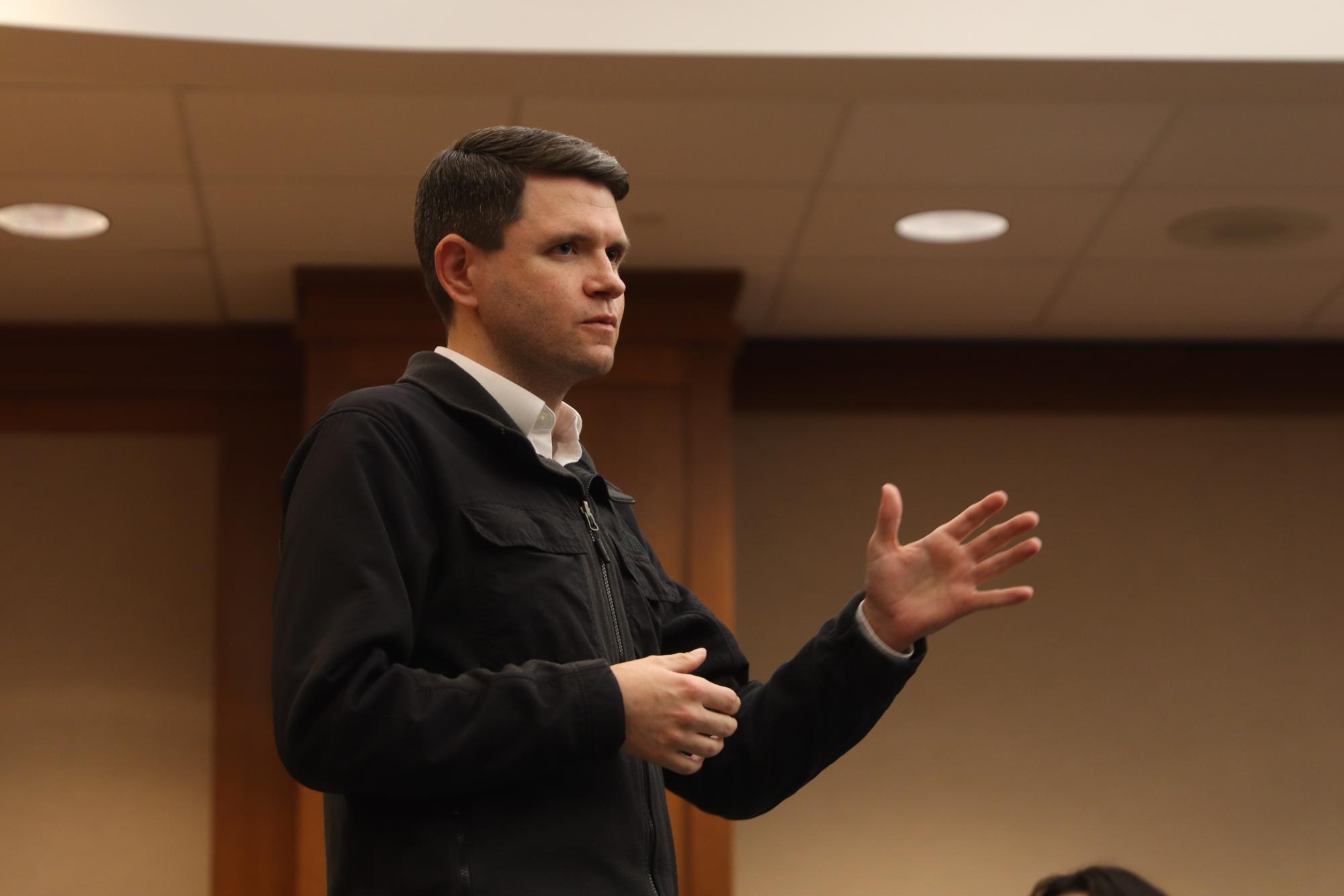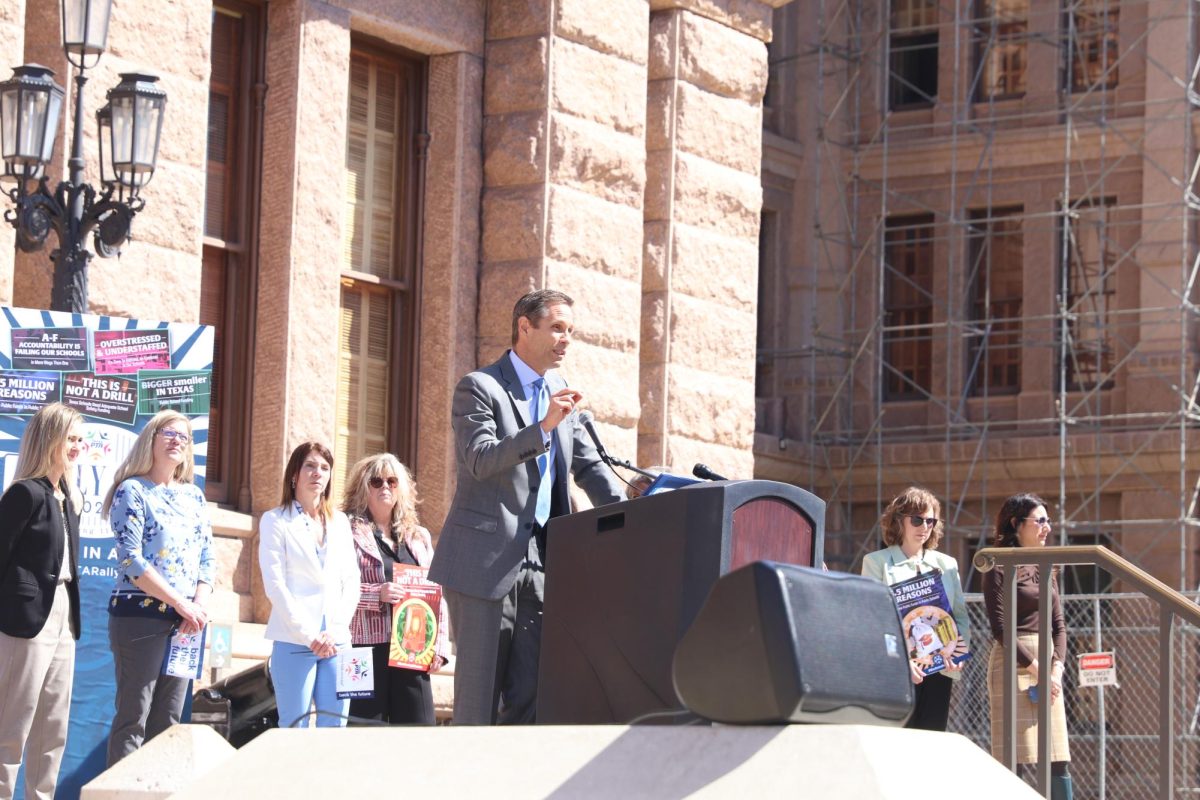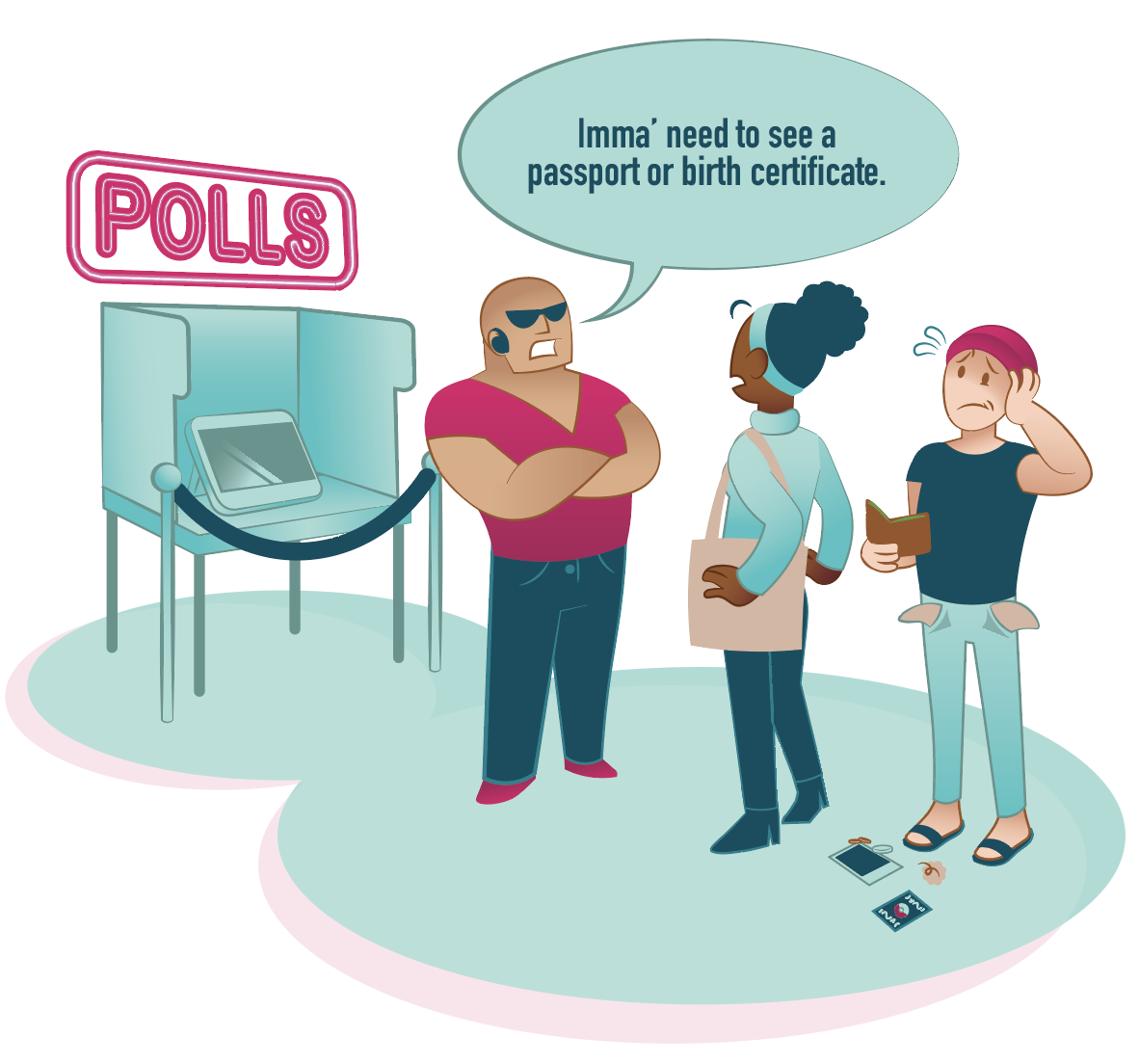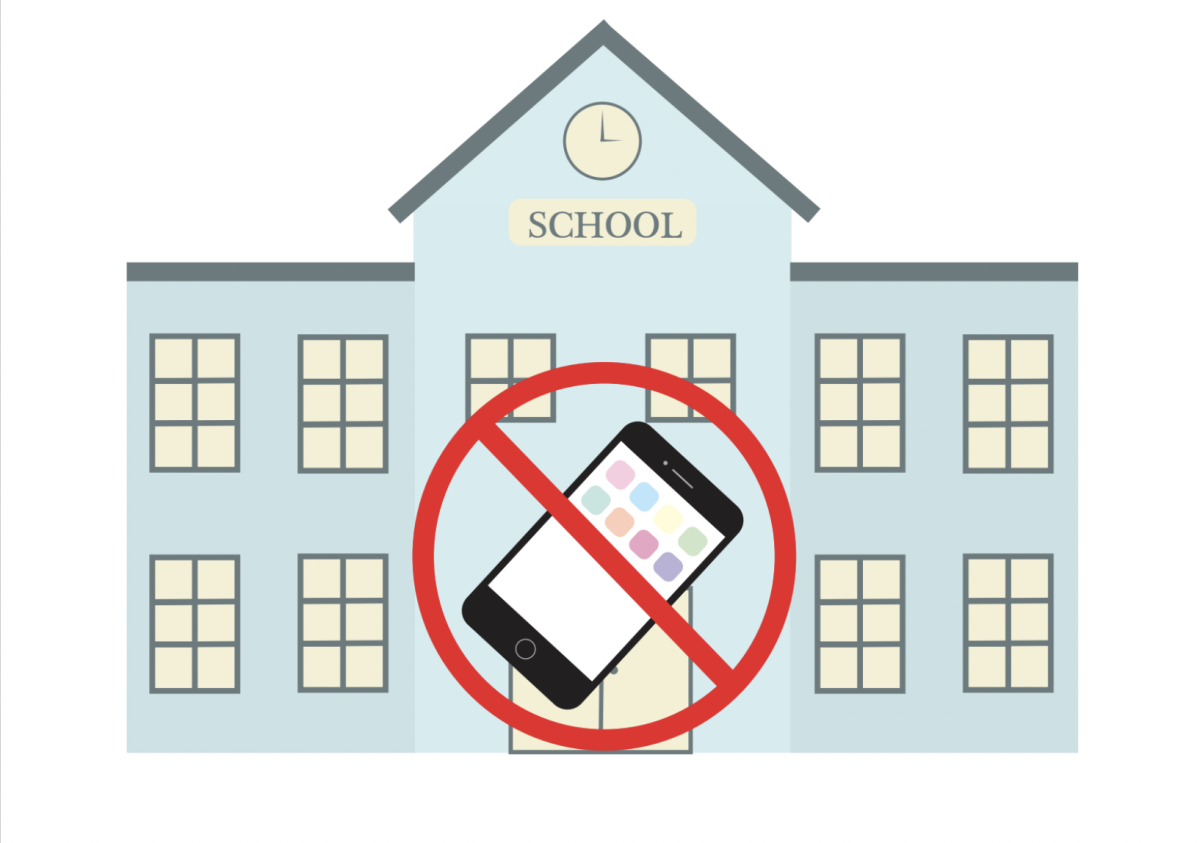The First Amendment to the US Constitution guarantees freedom of religion, freedom of speech, freedom of the press, assembly, and the right to petition the government. Texas schools will be impacted by Senate Bills 10 (S.B. 10) and 11 (S.B. 11) relating to religion in public and charter K-12 schools are currently up for consideration by the Texas Legislature. S.B. 10 requires a framed, 16-inch wide and 20-inch tall poster of the Ten Commandments in the classroom of each K-12 public and charter school in Texas, according to author Phil King, Parker County, Texas senator.
“I think something that requires the Ten Commandments to be displayed would go against a lot of people’s religious beliefs,” AP United States history teacher Dalton Pool said. “I think the argument in the Senate is that the Ten Commandments are more morality-based than religion, but they have a prominent role in Christianity and Judaism, and if you don’t belong to either of these religions, I can see how you could feel alienated.”
During a senate hearing in the Texas Capitol on March 18, 2025, King defended his S.B. 10 bill in the context of three previous court cases involving religious practices in schools and the First Amendment Establishment Clause, which prohibits the government from establishing or promoting a state religion: Lemon v. Kurtzman, Stone v. Graham, and Kennedy v. Bremerton cases.
In Lemon v. Kurtzman 1971, the Supreme Court ruled that the government can assist religion without violating the First Amendment Clause if it passes the ‘Lemon Test.’ The Lemon Test is a list of conditions to determine if the purpose of the assistance is secular, that the assistance must not promote nor inhibit religion, and that it must not foster excessive entanglement between church and state.
According to King, the Ten Commandments had been displayed in public schools until the 1980s Kentucky case, Stone v. Graham, led the Supreme Court to rule that the display of the Ten Commandments in schools violated the Lemon Test.
“If we were sticking to the Constitution, we definitely wouldn’t have public institutions displaying religious text like the Ten Commandments,” Pool said. “I don’t think if I had a poster displaying the Ten Commandments, a lot of students would notice, and I don’t see it causing students to become more Christian or even more moral in their practices, which is the conservative argument on why they introduced this in the first place.”
Court cases have been guided by the Lemon Test until 2022 in the wake of the third court case mentioned by King, Kennedy v. Bremerton. This case involved a school football coach, Joseph Kennedy, who sued in federal court. He alleged that the district’s decision to fire him after he prayed mid-field during a football game violated the First Amendment’s Free Speech and Free Exercise Clause. The case reached the Supreme Court, which then ruled to abandon the Lemon Test in favor of an approach that the Establishment Clause must be interpreted by reference to historical practices and understandings.
According to King, due to the court’s decision regarding the Lemon Test, it is now plausible that the Ten Commandments can be displayed in school classrooms. King stressed the importance of the poster’s size written in S.B. 10, for it’s identical to the dimensions of the Ten Commandments posters that were displayed in Kentucky schools before the Stone v Graham case. The Ten Commandments will also be in the same language as the Ten Commandments monument displayed on the Texas Capitol grounds. However, King did not specify the Bible version.

“The Ten Commandments being posted might be a good thing to keep people knowing that they’re not perfect,” Fellowship of Christian Athletes leader, senior Susan Heisterman said. “It might be overwhelming from a non-Christian point of view, but at the same time, it’s a reminder that Christians are not perfect and don’t meet all of those requirements.”
On March 19, 2025, the bill passed through the Senate with voting along party lines, with twenty Republicans voting yes, and eleven Democrats voting no. On March 25, 2025, the House received the bill and referred it to the Public Education Committee.
“I think something that requires the Ten Commandments to be displayed would go against a lot of people’s religious beliefs,“ Pool said. “Anything that is a potential violation of your constitutional rights, you should be worried about, and we’ve had a long history of public schools not forcing religious beliefs on students and respecting religious beliefs of students, especially students who might be the minority in terms of their religious beliefs.”
Senate Bill S.B. 11, written by Galveston County senator Mayes Middleton, introduces a period of prayer and reading of the Bible or other religious text during school hours. The Bill Analysis written by Middleton outlines the framework that a school district or open-enrollment charter school may use when establishing a policy to provide for a period of prayer or other religious text.
S.B. 11 was filed on February 10, 2025, and the next day, a committee vote was held with ten yeses and one no. On March 5, 2025, it was sent for a full Texas Senate vote, and on March 18, 2025, a Senate hearing occurred in the Texas state capitol for said vote.
“The reality is that when prayer was taken out of our schools, things started to go downhill,” Middleton said. “We know that the cornerstone of a good education is math, reading, science, but character and values matter too.”
During the March 18, 2025, hearing, Middleton expressed that Texas schools are not God-free zones and that S.B. 11 is about providing a space for the free expression of religion in public schools. The bill does not replace and does not supplant any elective course classes that a student may take as part of their education.
“Maybe something as important as our faith is to many of us is something that we would want our families and our parents to be focused on and maybe not the school, and that’s the concern that I have,” Bexar County Senator Jose Mendez said in question of S.B. 11 during the March 18, 2025 senate hearing.

According to S.B. 11, students and employees have a choice as to whether they wish to participate in the period of prayer and reading of the Bible or other religious text. A person’s choice is solidified with the submission of a signed consent form provided by the school district. The consent form will include the acknowledgement that the student or employee has a choice to participate, a statement that the person has no objection to participation, and an expressed waiver of the person’s right to bring a claim under state or federal law arising out of the adoption of a policy, including a claim under the Establishment Clause, preventing the school and district employees from liability if those claims are brought in state or federal court.
“I don’t see the reason for S.B. 11, and I find it very weird because It seems like it came from a person who thinks that Christians are being oppressed and think that there is no time for prayer, when in reality if a kid was Muslim or Christian and asked to be excused to go pray a teacher would allow that,” senior Grace Hooks said. “I feel the same way about this bill as I felt with the TikTok ban, which is that it feels like it’s pure propaganda.”
If S.B. 11 doesn’t get installed in schools, Heisterman recommends that students interested in having prayer and bible study hours with fellow like-minded students join the FCA. According to their Instagram, FCA’s mission is to see the world transformed by Jesus Christ through the influence of coaches and athletes. According to Heisterman, FCA hosts their own prayer and bible study times in the morning and lunch.
“I think adding Christianity to schools is a good thing, but I think it shouldn’t be pressured and people should feel free to be open about Christianity but not have it enforced in schools,” Heisterman said. “I think the cool thing about Bowie is that it’s just open and public schools are unique in that they have more variety, but there are some positives and some negatives.”
Written in the bill by Middleton, the act will take effect immediately if it receives a vote of two-thirds of all members elected to each house, and if the act does not receive the vote for immediate effect, it will take effect September 1, 2025. The bill passed through the Senate on March 18, 2025, and was sent to the House of Representatives the following day.
“As a school teacher, it’s frustrating that these are the issues that are talked about whenever we are underfunded as a school or underfunded when teachers get paid so little and when we have so many problems as a society,” Pool said. “Yet our state legislature chooses to focus on these issues that naturally divide people.”
Students and Faculty interested in following the progress of these bills can access https://legiscan.com/TX for real-time updates, roll-calls, and current bill status.








